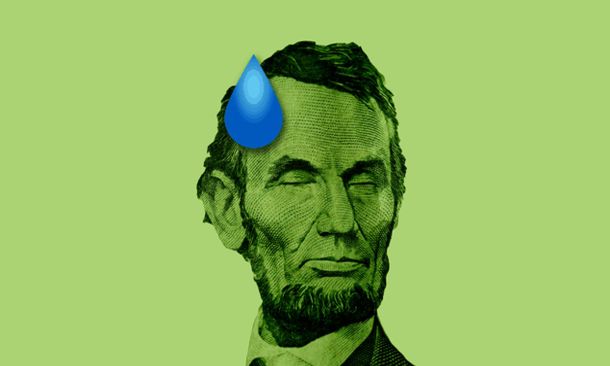Oct 9, 2025
eNews
The importance of a salary benchmarking survey
Salary benchmarking surveys are an important guidebook for any profession, as they track how individuals are compensated in their roles across different experience levels, industries and locations. Joining together, NACM Affiliates urge members to participate in their Credit Professionals Compensation Survey citing that participation will lead towards building an important and invaluable community resource.








